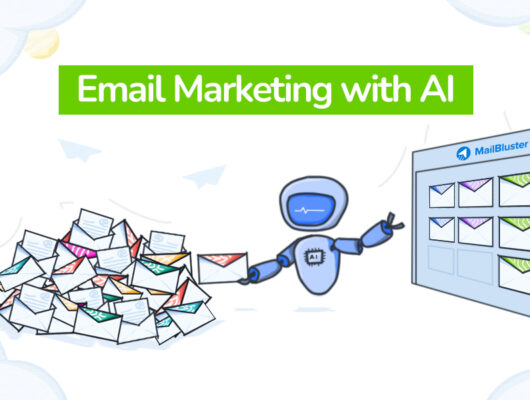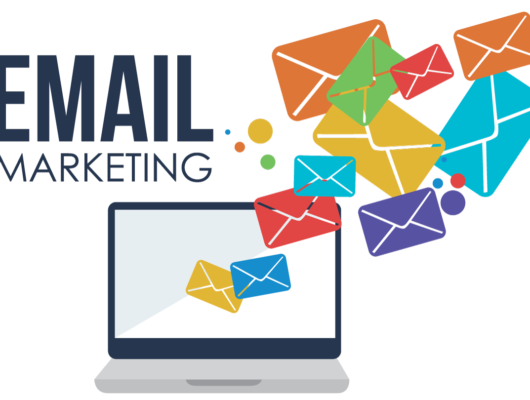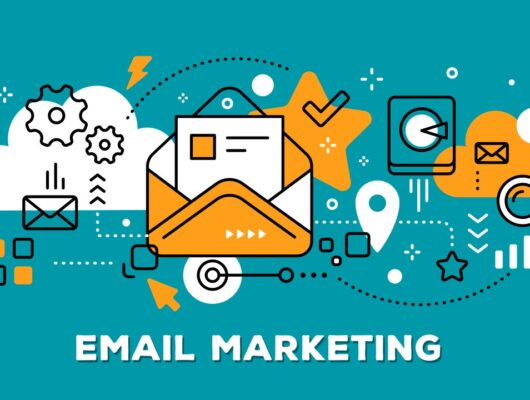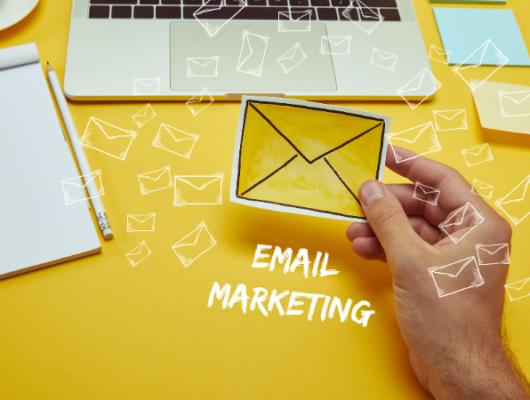Digital marketing is the backbone of e-commerce success, enabling businesses to attract customers, drive traffic, and boost sales.
In this guide, we’ll explore essential digital marketing strategies tailored for e-commerce businesses to help you thrive in the competitive online marketplace.
Why Digital Marketing is Crucial for E-Commerce
- Global Reach: Expand your customer base beyond geographical boundaries.
- Cost-Effective: Digital channels often have a higher ROI compared to traditional marketing.
- Data-Driven Insights: Measure and refine campaigns based on real-time analytics.
- Targeted Advertising: Reach your ideal audience with precision.
Key Digital Marketing Strategies for E-Commerce
1. Search Engine Optimization (SEO)
- Why It Matters: Organic search traffic is free and often converts better than other channels.
- Tips:
- Use keyword research tools like Google Keyword Planner to optimize product descriptions and blog content.
- Create a blog to share tips, tutorials, or industry news that aligns with your products.
- Focus on technical SEO, including site speed, mobile optimization, and structured data.
2. Pay-Per-Click Advertising (PPC)
- Why It Matters: PPC campaigns deliver immediate traffic and measurable results.
- Tips:
- Use Google Shopping Ads to showcase your products directly in search results.
- Run retargeting campaigns to re-engage visitors who didn’t convert.
- Experiment with ad copy, visuals, and targeting to optimize performance.
3. Social Media Marketing
- Why It Matters: Social media platforms are ideal for building brand awareness and engaging directly with customers.
- Tips:
- Post consistently on platforms like Instagram, Facebook, and TikTok.
- Utilize shoppable posts to allow users to purchase directly from social media.
- Partner with influencers for product promotions and brand credibility.
4. Email Marketing
- Why It Matters: Email marketing has one of the highest ROIs in digital marketing.
- Tips:
- Send personalized recommendations based on customer behavior.
- Automate abandoned cart emails to recover potential sales.
- Use segmentation to tailor campaigns for specific customer groups.
5. Content Marketing
- Why It Matters: Content builds trust, educates your audience, and improves SEO.
- Tips:
- Publish how-to guides, product tutorials, or trend reports.
- Share user-generated content (UGC) to create a sense of community.
- Use video marketing to demonstrate product features or share customer testimonials.
6. Influencer Marketing
- Why It Matters: Influencers have loyal audiences who trust their recommendations.
- Tips:
- Collaborate with micro-influencers for authentic, budget-friendly promotions.
- Run campaigns that align with your brand values and target audience.
- Measure the success of influencer campaigns through affiliate links or discount codes.
7. Affiliate Marketing
- Why It Matters: Affiliates promote your products in exchange for a commission, reducing upfront costs.
- Tips:
- Set up an affiliate program to incentivize bloggers, influencers, and website owners.
- Provide affiliates with high-quality banners, links, and marketing materials.
- Track performance using tools like Refersion or ShareASale.
8. Mobile Marketing
- Why It Matters: A significant percentage of e-commerce transactions happen on mobile devices.
- Tips:
- Ensure your website is mobile-responsive and loads quickly.
- Use SMS marketing for personalized promotions and updates.
- Consider developing a mobile app for easier shopping experiences.
9. Retargeting Campaigns
- Why It Matters: Retargeting brings back users who showed interest but didn’t purchase.
- Tips:
- Use platforms like Facebook Ads Manager or Google Ads for retargeting.
- Offer special incentives, like discounts, in retargeting ads.
- Highlight recently viewed products or categories to rekindle interest.
10. Analytics and A/B Testing
- Why It Matters: Data-driven decisions lead to more effective campaigns.
- Tips:
- Use Google Analytics to track user behavior and identify conversion bottlenecks.
- Conduct A/B tests on website elements, email campaigns, and ad creatives.
- Continuously refine your strategies based on data insights.
Tools to Enhance Your E-Commerce Digital Marketing
- Shopify or WooCommerce: For building and managing your online store.
- Google Ads: For running PPC campaigns.
- Klaviyo: For email marketing automation.
- Hootsuite: For scheduling and managing social media posts.
- SEMrush: For SEO and competitor analysis.
- Hotjar: For heatmaps and user behavior tracking.
Challenges in E-Commerce Digital Marketing and How to Overcome Them
- High Competition: Focus on unique selling points (USPs) and personalized marketing.
- Cart Abandonment: Use retargeting ads and abandoned cart emails.
- Ad Fatigue: Refresh ad creatives regularly and test new formats.
Conclusion
Digital marketing is the cornerstone of e-commerce success. By implementing a mix of these strategies and continuously optimizing your efforts, you can attract more customers, build brand loyalty, and boost your sales.
Remember, the key to success lies in understanding your audience and staying adaptable in the ever-evolving digital landscape.
Would you like help creating a detailed digital marketing plan for your e-commerce business? Let me know!







